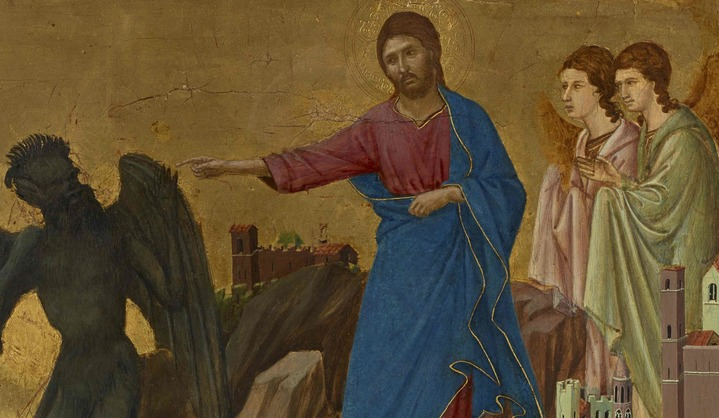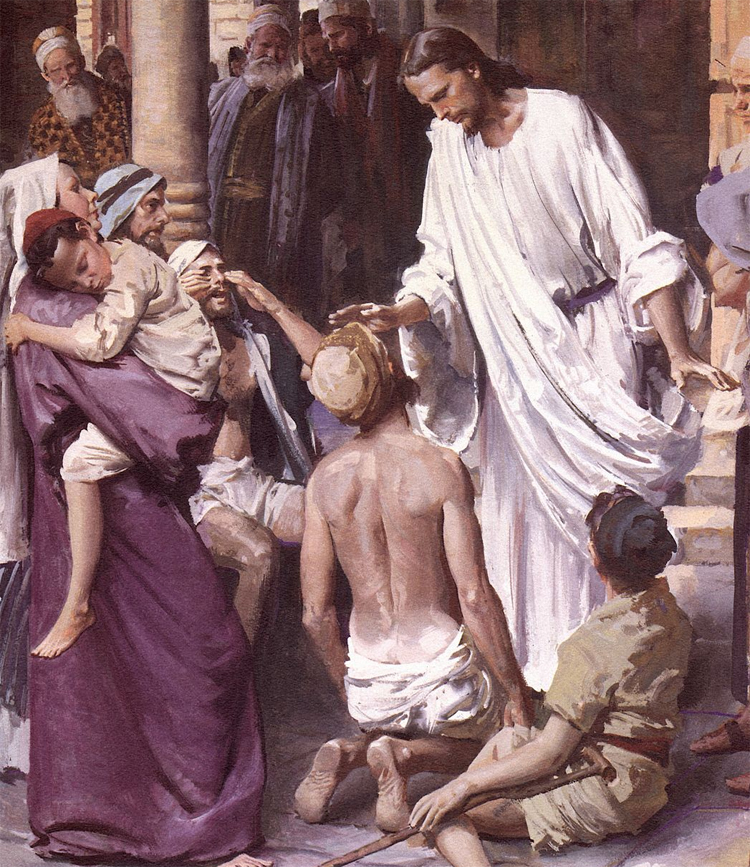Christian Art | Prayer With Jesus | Psalms | God’s Defence Of His City And People | King David As A Boy | King James Audio Bible KJV
Psalm 46 | King James Audio Bible
YouTube: Psalm 46 | KJV | King James Version | Audio Bible | Word Aloud
Psalm 46 is a testament to God’s unwavering protection, strength, and sovereignty in the midst of life’s challenges. It is a source of solace, reminding readers of the enduring refuge found in God’s presence. This psalm is an enduring declaration of trust in God’s ultimate control over the world’s affairs, even in times of turmoil and uncertainty.
A Mighty Refuge: The opening verse sets the tone by declaring God as our refuge and strength. It highlights God’s unwavering support and protection, likening Him to a fortified shelter to which His people can turn in times of need.
Fearlessness in God’s Presence: The psalmist affirms that because of God’s presence and assistance, there is no need to fear even when the world seems to be in chaos. Vivid imagery of the earth moving and mountains quaking into the sea underscores the idea that God’s strength surpasses any earthly tumult.
The River of Gladness: Verse 4 introduces a river, a symbol of God’s blessings and spiritual refreshment. This river flows through the city of God, the holy place where His presence dwells. It signifies the peace and joy that God’s presence brings.
God’s Unwavering Help: Verse 5 reinforces the idea of God’s presence by stating that He is in the midst of His people, ensuring stability and protection. This divine presence is a source of assurance and hope.
The Lord’s Sovereignty: The psalm acknowledges the tumultuous state of the world, describing heathen raging and kingdoms in upheaval. However, it asserts that God’s voice can bring about profound changes and even cause the earth to melt, underscoring His supreme authority.
The Call to Witness: Verse 8 invites readers to witness the works of the Lord, recognizing His ability to bring desolations and conflicts to an end. This shift in perspective encourages reflection on God’s mighty deeds and sovereignty.
The Call to Be Still: One of the most well-known verses in this psalm is verse 10, which calls for stillness and recognition of God’s supreme authority. It’s an invitation to cease striving and trust in God’s ultimate control over all things.
The Lord of Hosts: Throughout the psalm, God is referred to as the ‘Lord of hosts’, signifying His authority over all the heavenly hosts and armies of the world. This title emphasizes God’s power and majesty.

![]()
![]()
Psalm 46 | King James Audio Bible KJV | Love Revealed By Jesus Christ
God is our refuge and strength, a very present help in trouble.
Therefore will not we fear, though the earth be removed, and though the mountains be carried into the midst of the sea;
Though the waters thereof roar and be troubled, though the mountains shake with the swelling thereof. Selah.
There is a river, the streams whereof shall make glad the city of God, the holy place of the tabernacles of the most High.
God is in the midst of her; she shall not be moved: God shall help her, and that right early.
The heathen raged, the kingdoms were moved: he uttered his voice, the earth melted.
The Lord of hosts is with us; the God of Jacob is our refuge. Selah.
Come, behold the works of the Lord, what desolations he hath made in the earth.
He maketh wars to cease unto the end of the earth; he breaketh the bow, and cutteth the spear in sunder; he burneth the chariot in the fire.
Be still, and know that I am God: I will be exalted among the heathen, I will be exalted in the earth.
The Lord of hosts is with us; the God of Jacob is our refuge. Selah.

Key Themes Of The Psalm For Reflection | Love Revealed By Jesus Christ
- God as Refuge and Strength: The psalm highlights God as a reliable refuge and source of strength for His people in times of trouble.
- Fearlessness: It encourages believers not to fear even in the face of dramatic and chaotic events, emphasizing trust in God’s protection.
- Divine Presence: The psalm underscores God’s abiding presence among His people, symbolized by a river that brings joy and gladness to the city of God.
- God’s Sovereignty: It acknowledges God’s supreme authority and sovereignty over the world, including the ability to bring about change and calm amidst turmoil.
- Witnessing God’s Works: The psalm invites readers to witness and reflect on God’s mighty deeds and His role in bringing an end to conflicts.
- Call to Be Still: It calls for a state of stillness and surrender, recognizing God’s supreme authority and inviting trust in His control over all things.
- The Lord of Hosts: Throughout the psalm, God is referred to as the ‘Lord of hosts’, emphasizing His power and dominion over heavenly hosts and earthly kingdoms.








